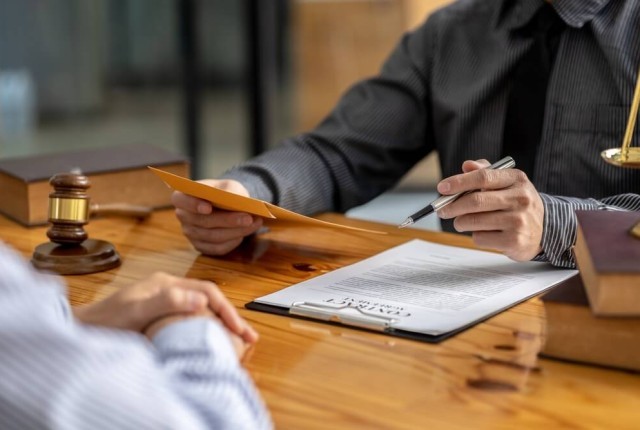Articles Hub
The latest insights and trending topics from Begbies Traynor Group

What happens to directors of an insolvent company?
Directors of an insolvent company are protected from being held personally liable for company debts (limited liability), except in the event of misconduct.

The Difference between Secured and Unsecured Creditors
A defined hierarchy of creditors exists when a company enters insolvency, with secured creditors being at the top.

Limited Company Cannot Afford To Pay Outstanding Creditors
If you cannot afford to pay creditors, seek a company restructuring solution or voluntary liquidation procedure to protect creditor interests

What happens when a charity is insolvent?
A charity - just like any other company - has the potential to become insolvent. This occurs when it is unable to meet its outgoings as and when they fall due, or when liabilities outweigh its assets

Selling Company Assets – What Do Company Directors Need To Be Aware Of ?
If you wish to sell any of the assets of your limited company then there are a number of factors to take into consideration, especially regarding how these are treated for tax purposes and the differing treatments of both tangible and intangible business assets.

What is a ‘shadow director’? Are they liable in an insolvency procedure?
Understanding the role, liabilities and implications of a shadow (sometimes called silent) director, particularly in a company insolvency procedure.

I have taken too much out of my company in dividends – what can I do?
There are various ways for directors to take money out of their limited company. One of the most popular methods of drawing down funds is by issuing dividends to shareholders. Often taken in conjunction with a low basic salary paid through PAYE, dividends are one of the most cost-effective and tax-efficient ways of paying yourself as a company director.

What does HMRC’s preferred creditor status actually mean?
HMRC has regained its status as preferential creditor in insolvent liquidations but what exactly has changed and why has the government taken this action?

Understanding your rights with HMRC Enforcement Officers/Bailiffs
Following a notice of enforcement, HMRC bailiffs or a HMRC enforcement officer can take control of goods to recover unpaid HMRC debts, such as VAT.

What is HMRC interest on late payments in 2023?
When running a business, it is normal for market fluctuations and external factors to result in periods of financial pressure, which sometimes means there is not sufficient money in the bank to cover all running costs.

A Guide to HMRC VAT Penalties and Surcharges
HMRC applies a penalty system when your company defaults on its VAT liabilities. This includes the late filing of your VAT return as well as late payment of the VAT due.

Understanding the importance of credit risk monitoring
Credit risk monitoring is a continuous assessment of the risks associated with lending money or extending credit to individuals, businesses, or other entities.

Construction sector woes deepen as lag effect of inflation spike erodes wafer-thin margins
The UK construction sector remains at the forefront of UK industry insolvencies.

If I cannot pay a VAT bill, what options are available to my company?
Companies that are VAT registered usually have to pay their VAT bill once every few months and they should calculate along the way how much VAT they are likely to be due to pay to HM Revenue and Customs (HMRC).

What actions can creditors take against my company?
If you owe money to your creditors that you can’t repay, they can take legal action against you which could potentially lead to the closure of your business.

Advice for directors with PAYE and VAT arrears
HMRC is the most common creditor for UK businesses and it’s easy to see why. When faced with a cash flow crunch, rather than not paying key suppliers that your business relies on, the easier option might be to delay a VAT or PAYE payment to HMRC. However, HMRC has enforcement powers that go beyond that of other creditors, which makes building up PAYE and VAT arrears a risky situation to be in.
